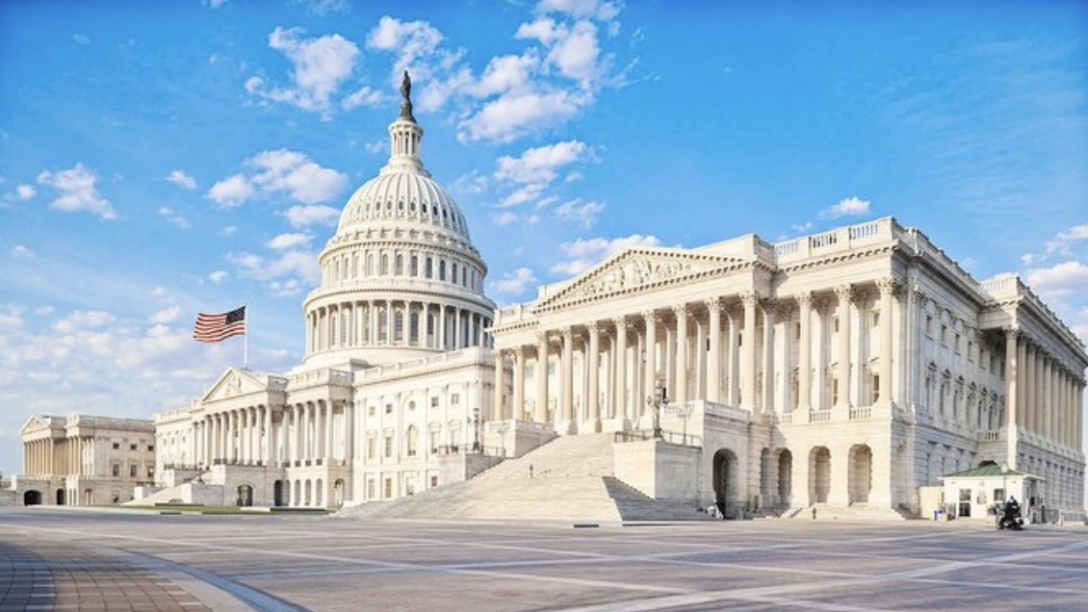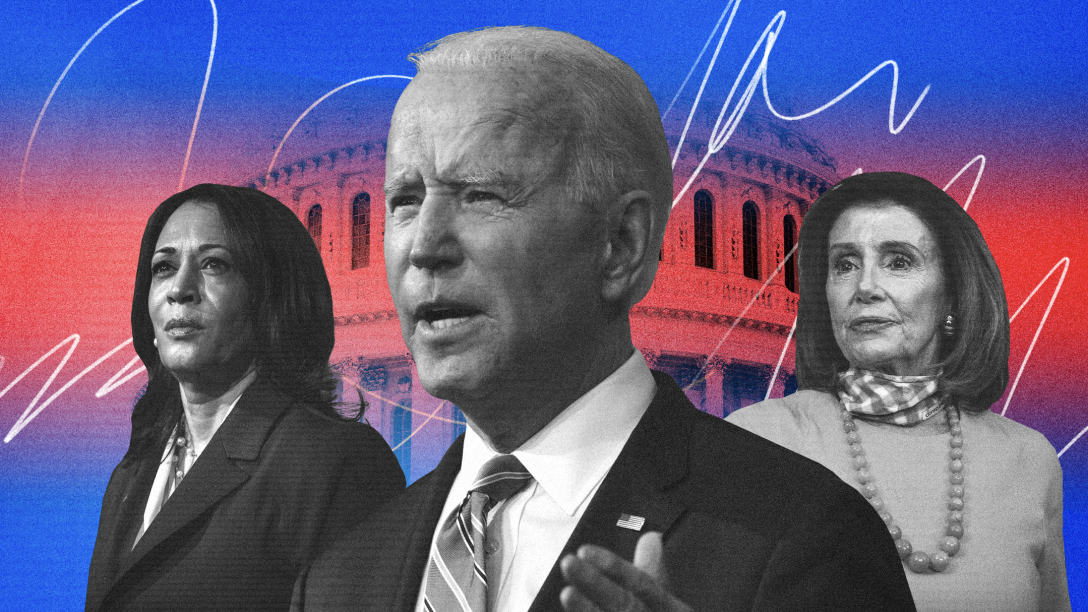The Meaning of Big Government
Ever since the 2010 elections there has been much discussion about big, centralized government. Conservatives, libertarians and Tea Party activists alike, argue that America has drifted too far from the constitutional principle of limited government – that the federal government is becoming too big and too powerful, with an unlimited scope of authority. Indeed, the phrase “big government” has historically been a pejorative phrase in the American lexicon. However, polls suggest that the public, though disliking this phrase, does not have a clear, tangible idea as to what exactly is so bad about big government.
One specific example involves the federal health care reform bill enacted last year. The unprecedented size and scope of this bill, touching every facet of an individual’s health care decision, has been well documented. One of the inevitable consequences of huge size and unlimited scope, though, is that the actual working details often get lost.
A key aspect of the health care law is the creation of a new federal agency called the Independent Payment Advisory Board (“IPAB”). This agency will have broad and pervasive power over health care prices in America — and through this power to control prices, the IPAB will effectively be able to ration the delivery of health care services to the American public. As President Obama stated in his April 13th speech responding to Representative Paul Ryan’s Medicare proposal, the IPAB’s power over Medicare pricing is a crucial component of his own deficit-reduction plan. Unlike Ryan’s plan, which focuses on patient choice to foster competition among medical providers which in turn will work to lower health care costs, the President’s only option for achieving cost reductions is to impose massive federal controls over pricing, which will inevitably, if history is any guide, lead to more health care rationing by the federal government.
And yet, despite promises that IPAB price controls will cut the Medicare deficit, White House deputy chief of staff Nancy-Ann DeParle admits that IPAB will not bring any cost savings for at least a decade. The real danger is that, if the government-control model is accepted over Ryan’s patient-control model, then the price controls instituted by a monopolistic IPAB will eventually drive all independent private health-care insurers out of business. This could lead, in turn, to the worst scenario of all: Increasingly stringent government health care rationing coinciding with continually rising federal deficits.
The Framers, in drafting a constitution giving only limited power to the federal government, knew that a host of problems and liberty deprivations would occur with a centralized government of near unlimited activity and authority, including a lack of transparency and accountability, and the imposition by federal bureaucrats of uniform mandates on a large and diverse society.
Under the U.S. constitutional system, the people are sovereign: They are the principal, with government as their agent and servant. The current debt-ceiling debate, another example of government-run-amok, demonstrates how that relationship has been inverted. The government is spending too much, and will soon exceed its legally mandated debt limit. But those who wish to couple an increase in the debt limit with some kind of spending reduction plan are belittled as reckless ideologues, willing to risk a financial crisis for the sake of their ideological beliefs in limited government. Clearly, we have come to a situation where government has gone beyond its role as agent of the people. It now seems to have an independent existence that in turn must be supported by the people, merely for the sake of perpetuating a government that has no limits.



